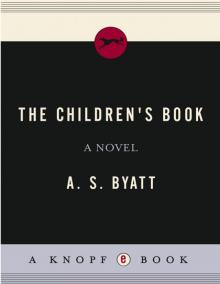 The Children's Book
The Children's Book Babel Tower
Babel Tower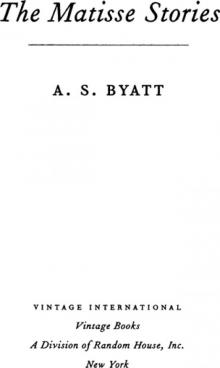 The Matisse Stories
The Matisse Stories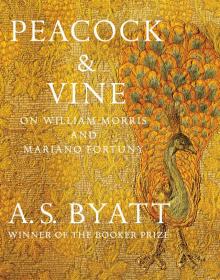 Peacock & Vine: On William Morris and Mariano Fortuny
Peacock & Vine: On William Morris and Mariano Fortuny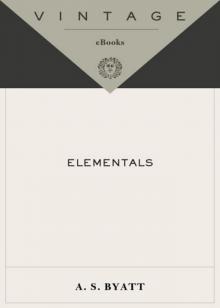 Elementals: Stories of Fire and Ice
Elementals: Stories of Fire and Ice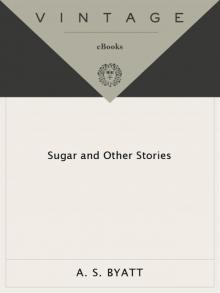 Sugar and Other Stories
Sugar and Other Stories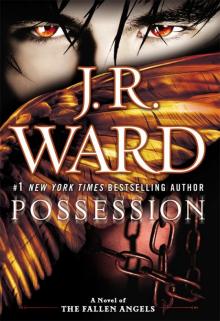 Possession
Possession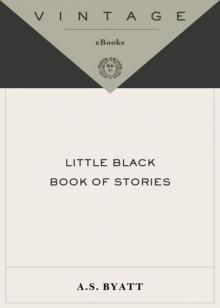 Little Black Book of Stories
Little Black Book of Stories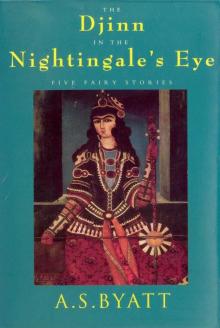 The Djinn in the Nightingale's Eye
The Djinn in the Nightingale's Eye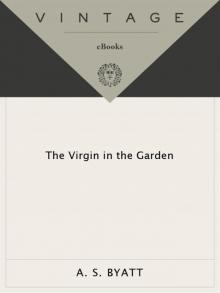 The Virgin in the Garden
The Virgin in the Garden The Game
The Game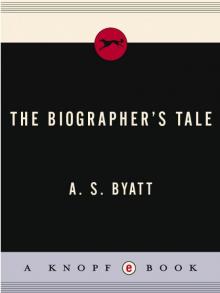 The Biographer's Tale
The Biographer's Tale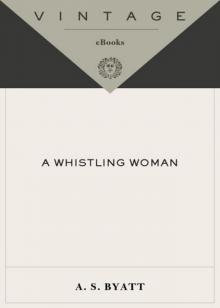 A Whistling Woman
A Whistling Woman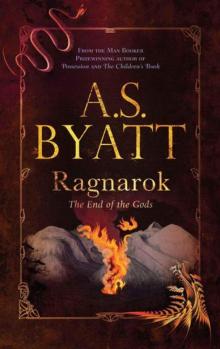 Ragnarok
Ragnarok Angels & Insects: Two Novellas
Angels & Insects: Two Novellas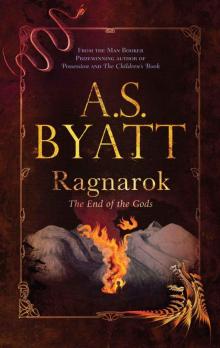 Ragnarok: the End of the Gods (Myths)
Ragnarok: the End of the Gods (Myths)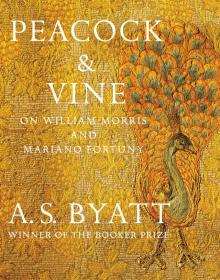 Peacock & Vine
Peacock & Vine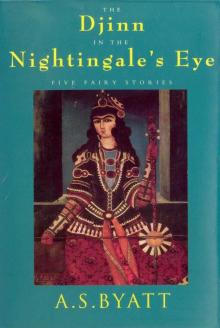 The Djinn in the Nightingale's Eye (Vintage International)
The Djinn in the Nightingale's Eye (Vintage International) Angels and Insects
Angels and Insects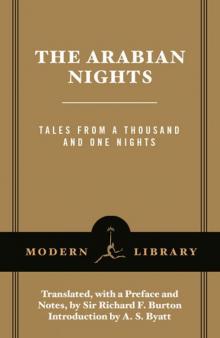 The Arabian Nights: Tales from a Thousand and One Nights (Modern Library Classics)
The Arabian Nights: Tales from a Thousand and One Nights (Modern Library Classics)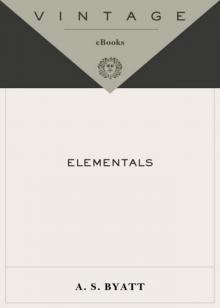 Elementals
Elementals